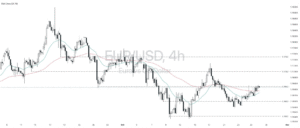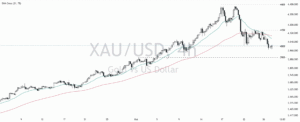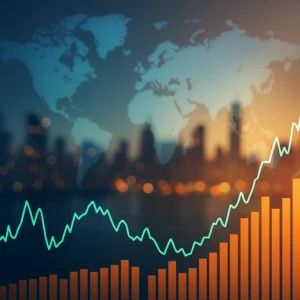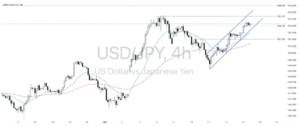What is the Forex? The Ultimate Beginner’s Guide
The world’s largest financial market isn’t the stock exchange—it’s the foreign exchange market, commonly known as Forex. With over $7.5 trillion traded daily, Forex has become a magnet for investors, banks, corporations, and individuals seeking profit and global exposure.
But what is the Forex really about? Is it just speculation, or is there a deeper system powering the movement of currencies worldwide? In this guide, we’ll uncover the meaning of Forex, how it works, and whether it might be the right investment opportunity for you.
Introduction to Forex Trading
Definition of Forex
Forex, short for foreign exchange, is the marketplace where currencies are bought and sold. Unlike stock markets with centralized exchanges, Forex is decentralized and operates globally, linking traders through a network of computers and banks.
At its core, Forex exists to facilitate international trade and investment. For example, if a U.S. company buys goods from Europe, it must convert U.S. dollars (USD) into euros (EUR). This constant demand creates a vast and liquid market.
The Importance of the Foreign Exchange Market
Without Forex, global business would collapse. Imagine trying to buy oil, cars, or electronics without being able to swap currencies. Beyond trade, Forex also influences:
- Tourism: Travelers exchange money when visiting other countries.
- Investment: Multinational corporations hedge risks using Forex.
- Politics: Governments stabilize economies by controlling currency values.
How Does the Forex Market Work?
Currency Pairs Explained
In Forex, you don’t buy one currency alone—you trade it against another. That’s why currencies are always quoted in pairs like EUR/USD or GBP/JPY.
- Base currency: The first listed currency (e.g., EUR in EUR/USD).
- Quote currency: The second currency (e.g., USD in EUR/USD).
If EUR/USD = 1.10, it means 1 euro is worth 1.10 U.S. dollars.
Major, Minor, and Exotic Pairs
- Majors: Most traded, always include USD (EUR/USD, GBP/USD).
- Minors: Don’t include USD but involve major currencies (EUR/GBP).
- Exotics: Mix of major and developing market currencies (USD/TRY).
Bid, Ask, and Spread in Forex
- Bid price: What buyers are willing to pay.
- Ask price: What sellers want.
- Spread: The small difference between bid and ask, which brokers charge as fees.
History and Evolution of the Forex Market
Forex is not a modern invention—it has evolved alongside human trade.
Early Currency Trading
Barter was replaced by coins and precious metals, creating the first currency exchanges thousands of years ago.
The Gold Standard Era
In the 19th and early 20th century, currencies were backed by gold reserves. Stability was high, but flexibility was low.
Modern Electronic Forex Market
Since the 1970s, with floating exchange rates and the rise of technology, Forex became a 24-hour electronic market, accessible to anyone with an internet connection.









